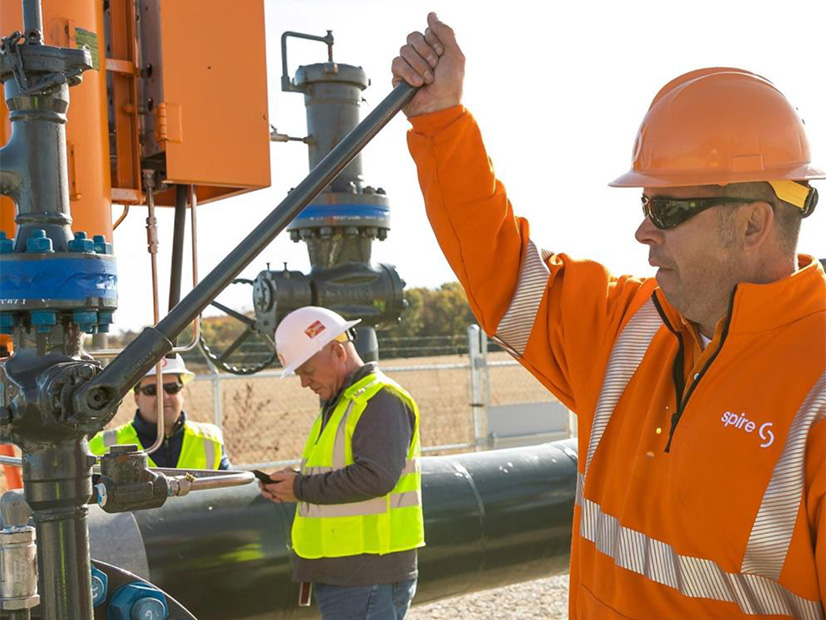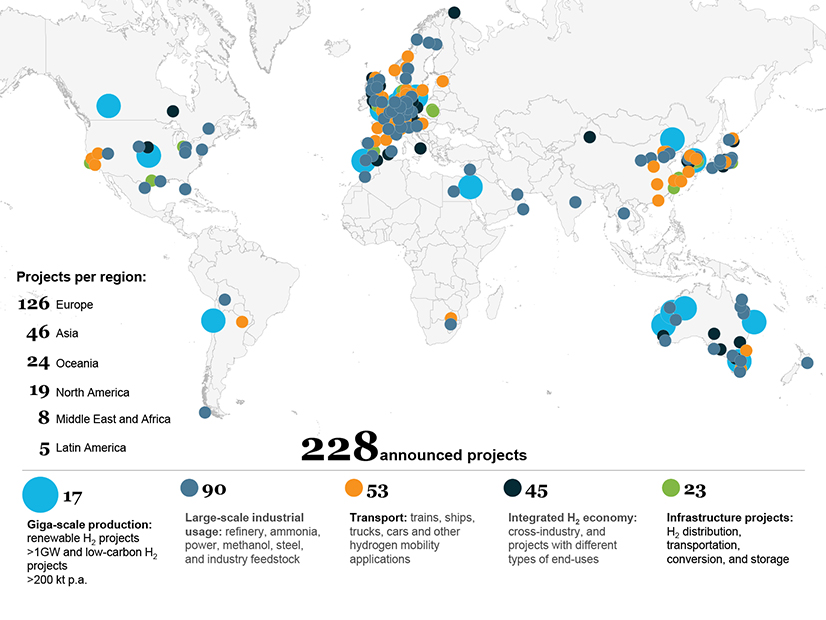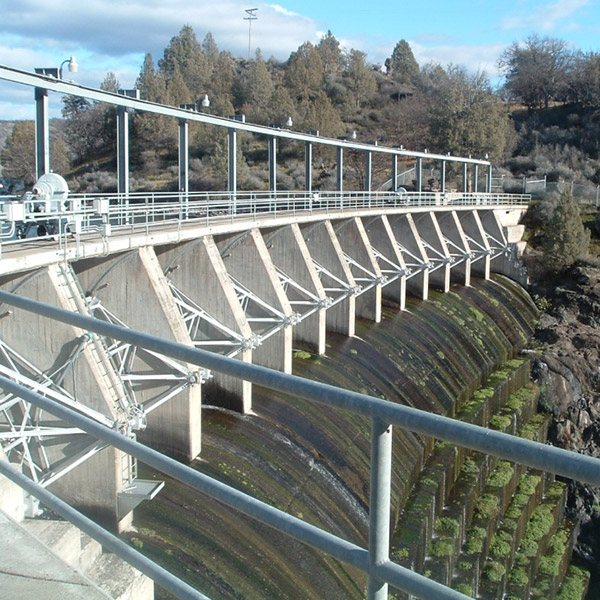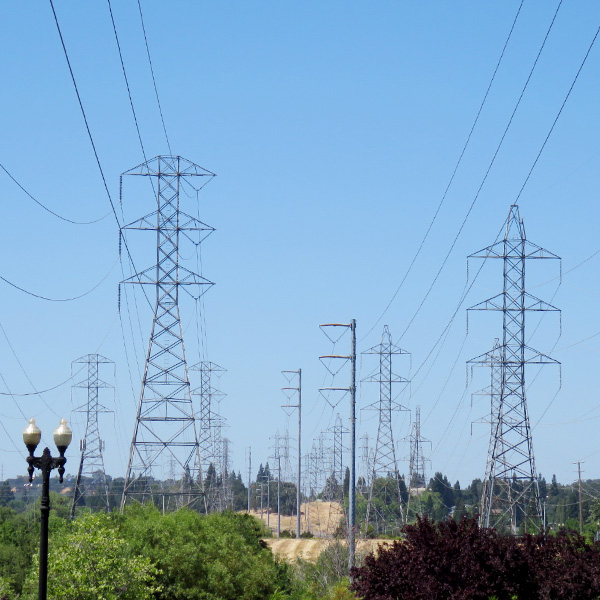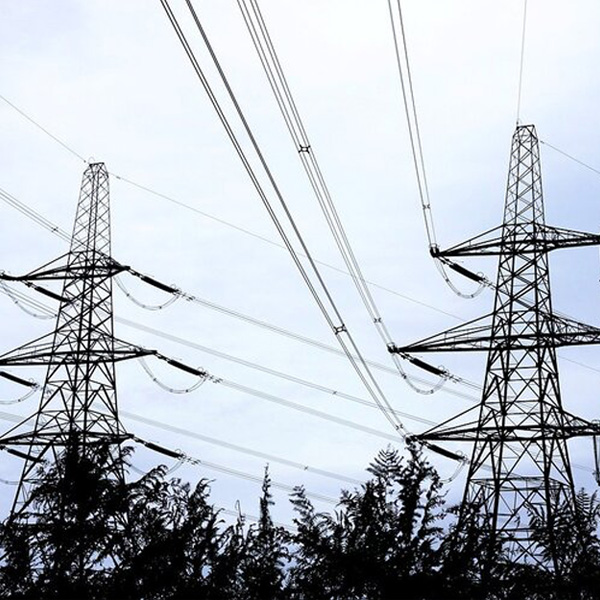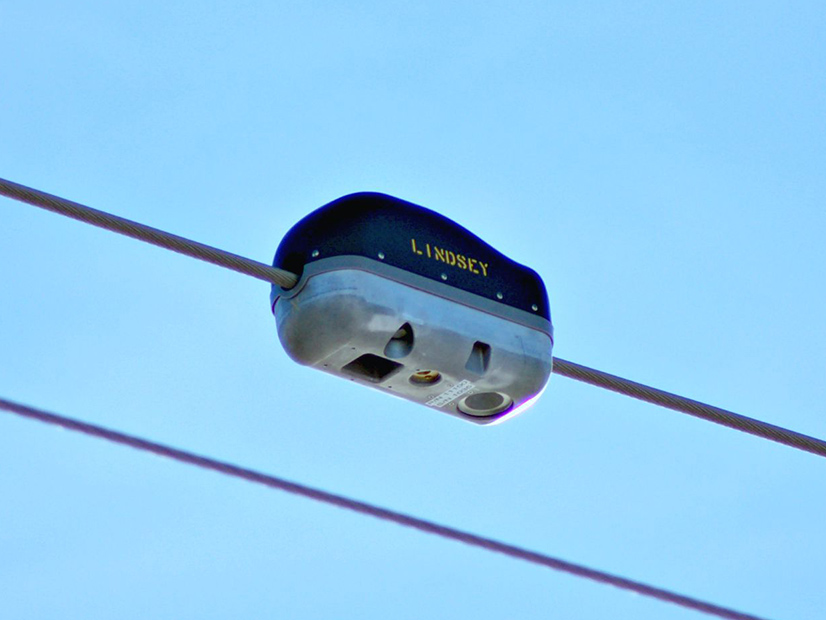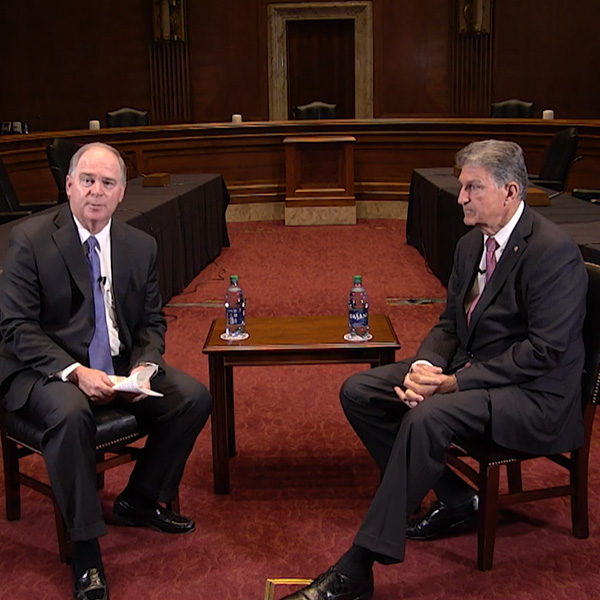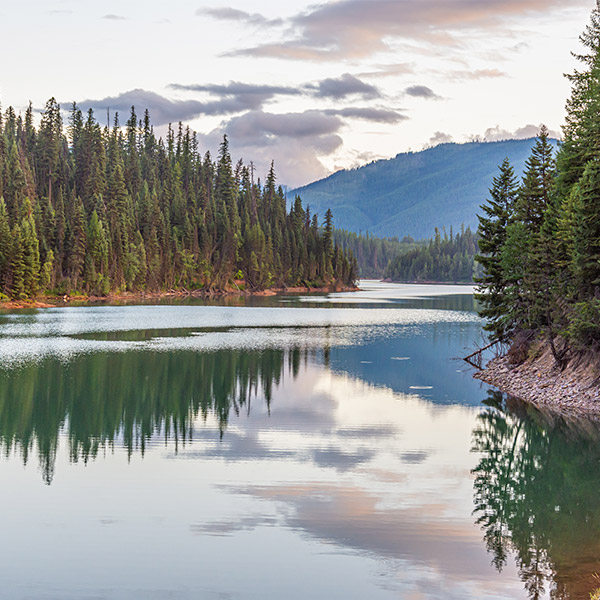FERC & Federal
The Federal Energy Regulatory Commission is an independent regulatory agency that oversees the transmission of electricity, natural gas and oil in interstate commerce, as well as regulating hydroelectric dams and natural gas facilities.
An appellate court rejected FERC's approval of a natural gas pipeline, saying the commission ignored its own rules on determining the need for the facility.
Creating a new “hydrogen economy” will require new rules and regulations. What rules will apply and who will enforce them?
FERC approved the transfer of the 169-MW Klamath Hydroelectric Project’s license from PacifiCorp to a group of parties that will decommission the dams.
FERC will create a task force with state regulators to spur increased transmission, a recognition of Order 1000's failure to produce any interregional projects.
FERC said it would reconsider Order 2222-A, continuing the debate over whether states should be able to prevent DR from participating in RTO/ISO markets.
At EBA’s annual Northeast Chapter meeting state officials discussed present and future transmission planning needs to reach a carbon-free electric grid.
Without any financial incentives from the federal level, utilities are unlikely to make the huge investments needed to deploy grid-enhancing technologies.
In an interview taped for EEI's Net Zero conference, Sen. Joe Manchin suggested he will oppose White House initiatives that add to the national debt.
Four nominees for key energy and land management positions faced a confirmation hearing before the Senate Energy and Natural Resources Committee on Tuesday.
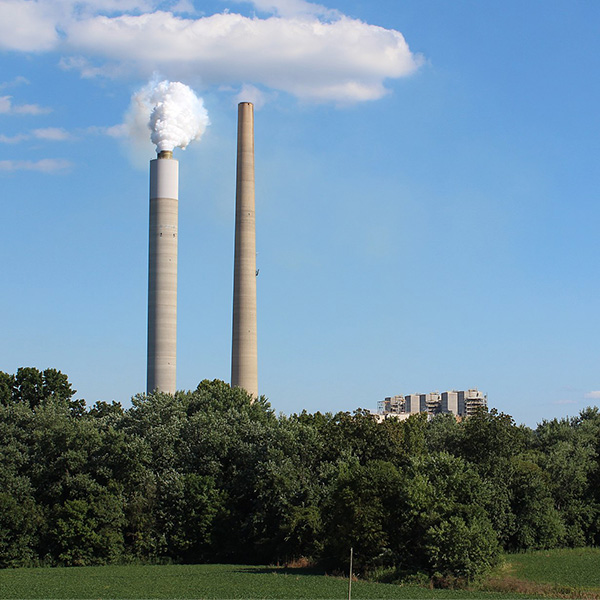
FunksBrother, CC BY-SA 4.0, via Wikimedia Commons
AEP said that it had received a subpoena from the SEC seeking documents related to how it might have benefited from the passage of Ohio H.B. 6 in 2019.
Want more? Advanced Search
